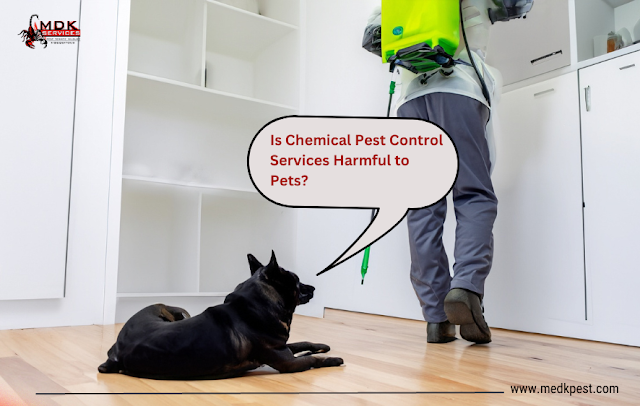Beyond Itching
Fleas and ticks can cause significant harm to the well-being of our cherished pets, going well beyond the discomfort of constant itching. Understanding the comprehensive impact of these pesky parasites on our furry companions is crucial in safeguarding their overall health and happiness. Through this article, we dive into the broader effects of fleas and ticks on pet health, shedding light on the hidden dangers that demand our attention and proactive measures.
The Hidden Dangers of Fleas and Ticks
Skin and Coat Irritation: While itching is the most apparent sign of flea and tick infestation, the relentless biting and feeding of these pests can cause severe irritation to a pet's skin and coat. Over time, this may lead to hair loss, skin sores, and secondary infections, leaving our pets in distress.
Anemia and Weakness: In cases of severe infestations, especially in young or small pets, fleas can consume significant amounts of blood, leading to anemia. Anemic pets may exhibit weakness, lethargy, and even fainting, impacting their overall vitality and quality of life.
Allergic Reactions: Some pets are hypersensitive to flea saliva, resulting in allergic reactions like Flea Allergy Dermatitis (FAD). FAD can cause intense itching, redness, and inflammation, exacerbating the discomfort and requiring prompt intervention.
Transmission of Diseases: Ticks, in particular, are notorious for transmitting a variety of diseases to both pets and humans. From Lyme disease to Rocky Mountain spotted fever, these illnesses can pose serious health risks to our four-legged friends, making tick prevention an utmost priority.
The Psychological Impact
Behavioral Changes: The constant irritation and discomfort caused by fleas and ticks can lead to behavioral changes in pets. They may become restless, irritable, or exhibit signs of anxiety due to their inability to find relief from the pests' incessant biting.
Weight Loss and Poor Nutrition: Prolonged flea infestations can cause pets to avoid eating or drinking, leading to weight loss and malnutrition. The debilitating effects of continuous blood loss may weaken their immune systems, making them susceptible to other health issues.
Zoonotic Concerns: Fleas and ticks can carry diseases that are transmissible to humans, such as certain types of bacteria and parasites. Keeping our pets free from these pests is not only essential for their health but also for safeguarding human health within the household.
Impact on Heartworm Prevention: Fleas and ticks can serve as vectors for heartworm larvae, making it even more crucial to maintain a comprehensive preventive regimen to protect pets from heartworm disease.
Conclusion
Fleas and ticks are more than just nuisances that cause itching they present serious threats to our pets' health and well-being. From skin irritation and allergic reactions to potential disease transmission, their impact can be far-reaching. To ensure our furry companions live happy and healthy lives, it's imperative to implement regular flea and tick prevention measures, conduct thorough pet checks, and seek immediate veterinary attention if infestations are detected. By staying vigilant and proactive, we can shield our pets from the adverse effects of these parasites and foster a life of comfort and vitality for our cherished companions.
When it comes to protecting our pets from the adverse effects of fleas and ticks, relying on professional services is crucial. MDK Services offers expert flea and tick control services, safeguarding both pets and households from the harmful effects of these tiny yet formidable foes. Remember, a healthy and happy pet starts with a pest-free home! For more details, contact +1325-658-3498.








.jpg)





0 coment�rios: